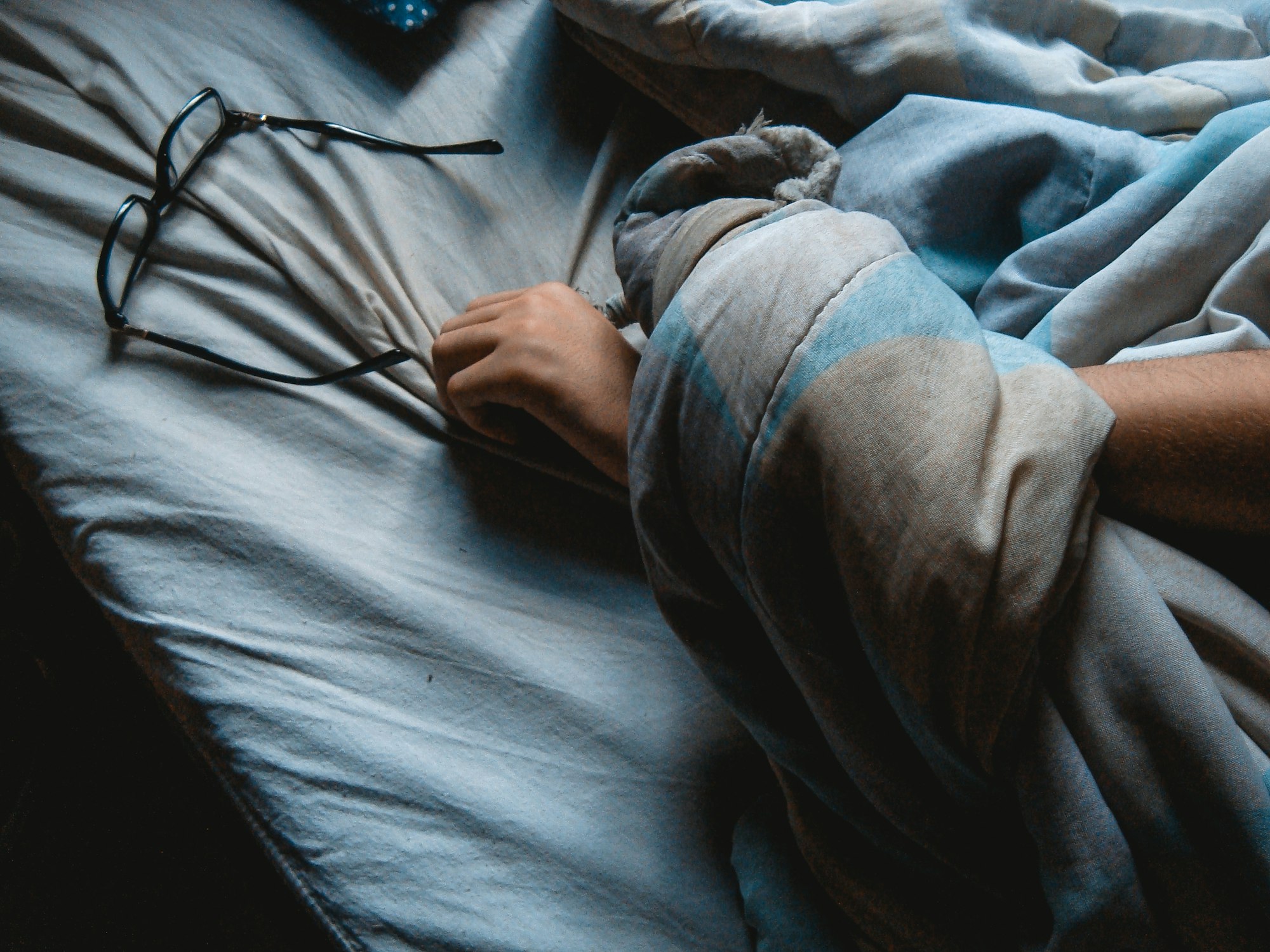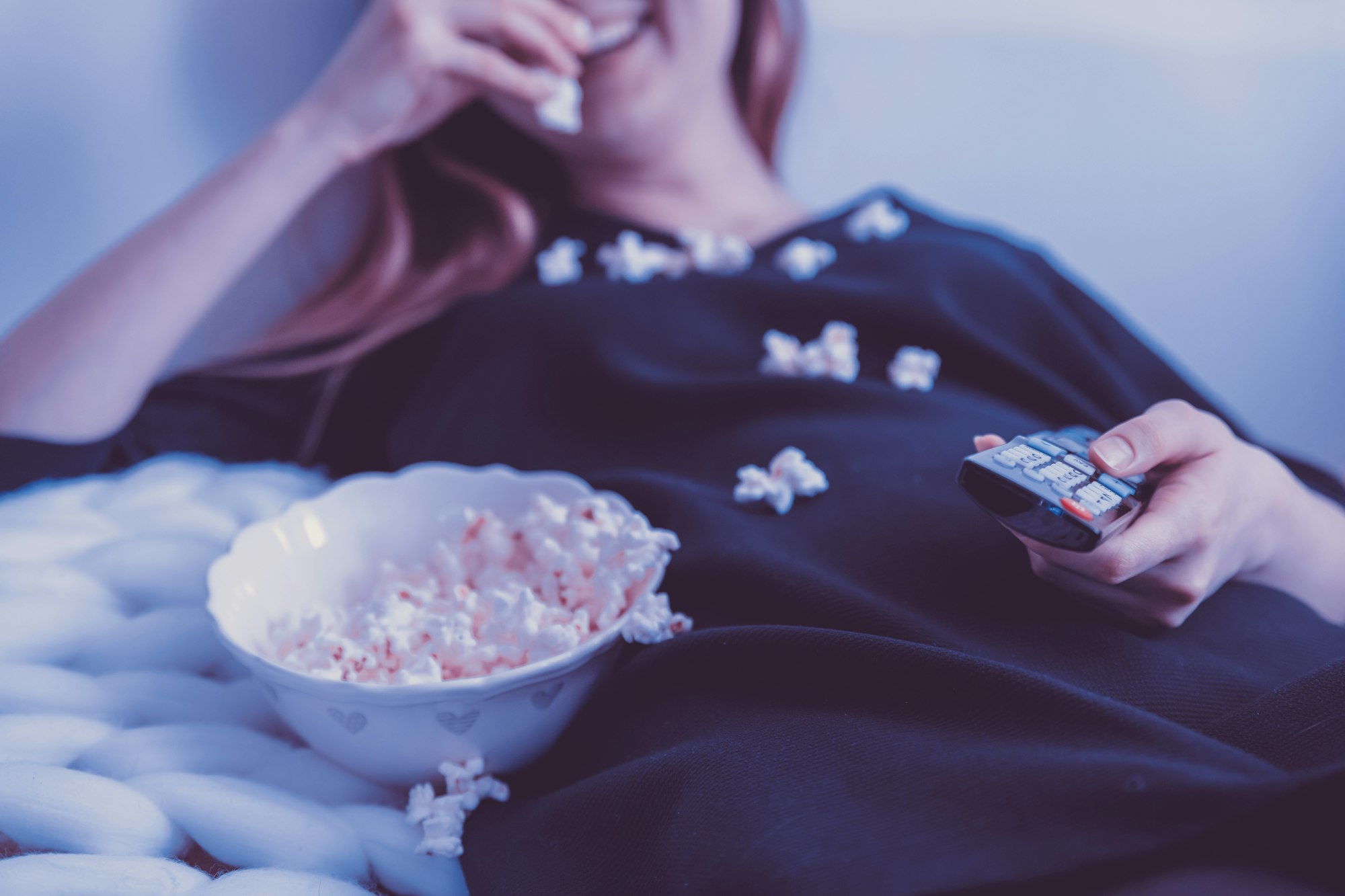The Best Sleep Tips For A Great Night Of Rest

Sleep is tough to come by. These sleep tips should be at the foundation to your routine. Yes, a sleep routine is a great idea. Here are some great tips to help.
Your Best Sleep Starts Early
What you do approximately 60-90 minutes before you retire for the night matters. Preparation is key. Thus, a schedule or steps to prepare for sleep is good. The key is to follow an order. As the first step is complete, naturally the body will ready itself for sleep mode.
Additionally, following the easy tips below will help jump start a restful sleep.
Choosing Your Morning Alarm
The majority of people wake up to an alarm every morning. However, not all alarms are made equal. The tone of your alarm can make a big difference to the start of your day. Loud beeps or horns are common alarm sounds, but these may not be the best for you. Researchers at a Melbourne university suggest a more melodic or pleasant morning alarm.
When the alarm is melodic, levels of alertness improve. Whereas, a harsh alarm sound can increase levels of grogginess and sleep inertia. Sleep inertia is increased sensory or motor impairment in the morning. Sleep inertia can last up to 4 hours and negatively impact your morning.
Stay away from harsh alarms and go for the more melodic and pleasant sounds. Research shows you’ll feel better in the morning if you do.
Don’t Do These Things
Below are a few things that one should not do 30-60 minutes before bedtime.
Do not eat or drink preferably 2 hours before bedtime. Eating or drinking increases the likelihood of a person disrupting sleep and using the bath room. Your brain senses when the bladder is nearing fullness thus triggering you to wake up in the middle of the night to use the restroom.

Blue light from TVs negatively affect sleep.
Do not watch TV or look at your cell phone. Or avoid blue lights. You can block blue lights by using these glasses. Watching TV can keep you from sleeping by provoking a variety of emotions, like excitation or sadness.
The light from your TV or electronics also stimulates or tricks the brain into thinking it’s day time. Studies show melatonin, a sleep hormone, levels drop significantly in the presence of any kind of light.
Habits are hard to break. I you try to refrain from or reduce these habits, you might be well on your way to a wonderful and productive morning.
Sleeping Aids
Ever woke up from a car horn or a floors creaking? Sleep machines with white noise can help, but pink noise may be best. Studies show pink noise improves deep sleep and memory. As we age, especially during our 50s and 60s, deep sleep declines. Researchers believe reductions in deep sleep can contribute to dementia.
Everyone has tried melatonin, but make sure you are taking it an hour or so before sleep. The body will produce melatonin naturally with less light exposure and outside temperature drops. Melatonin is great for your skin too.
Rejuvenation With Great Sleep
While you sleep, important events happen in regards to function of your body both mentally and physically. During sleep, your brain forms short and long term memories through the strengthening of a synapse (think of improving the electrical wiring in your house.)
With proper sleep, you are more likely to recall memories the next day more easily. Physically, nutrient absorption takes place in the spinal discs for proper support for the vertebra.
Other proposed functions of sleep include, detoxification of the brain from free radicals and glycogen replacement. In addition to the above improvements, aging is closes related to sleep.
